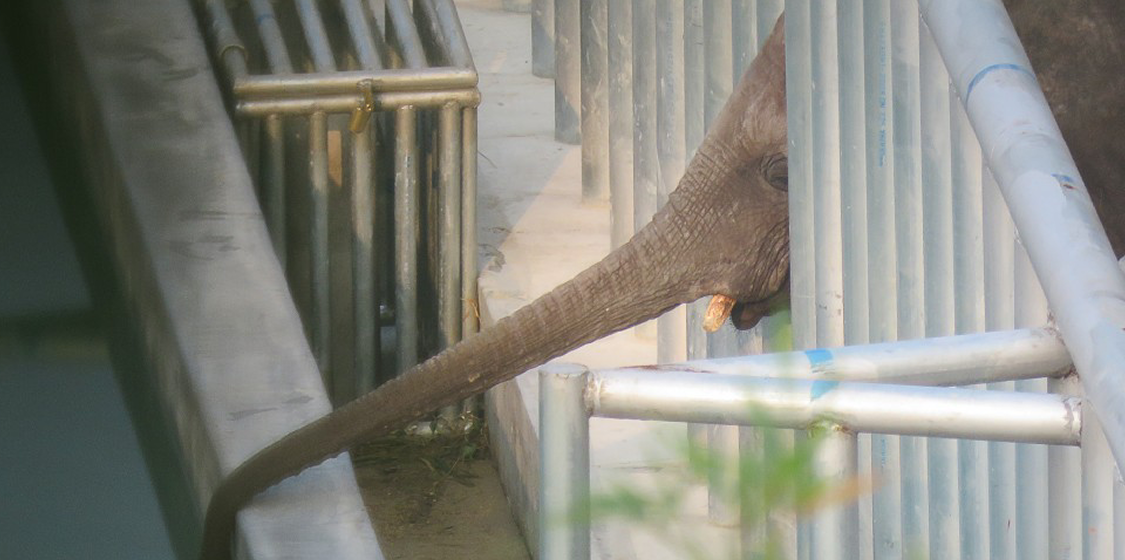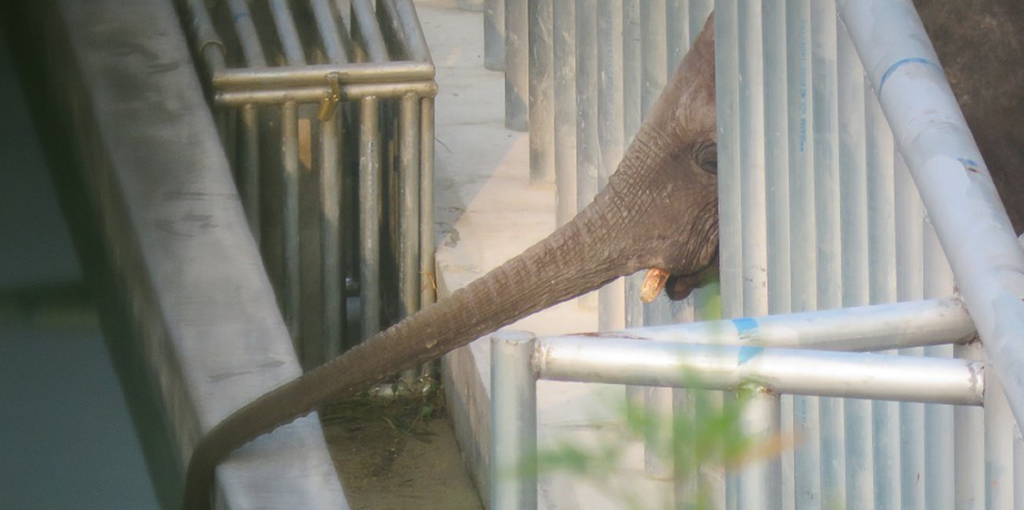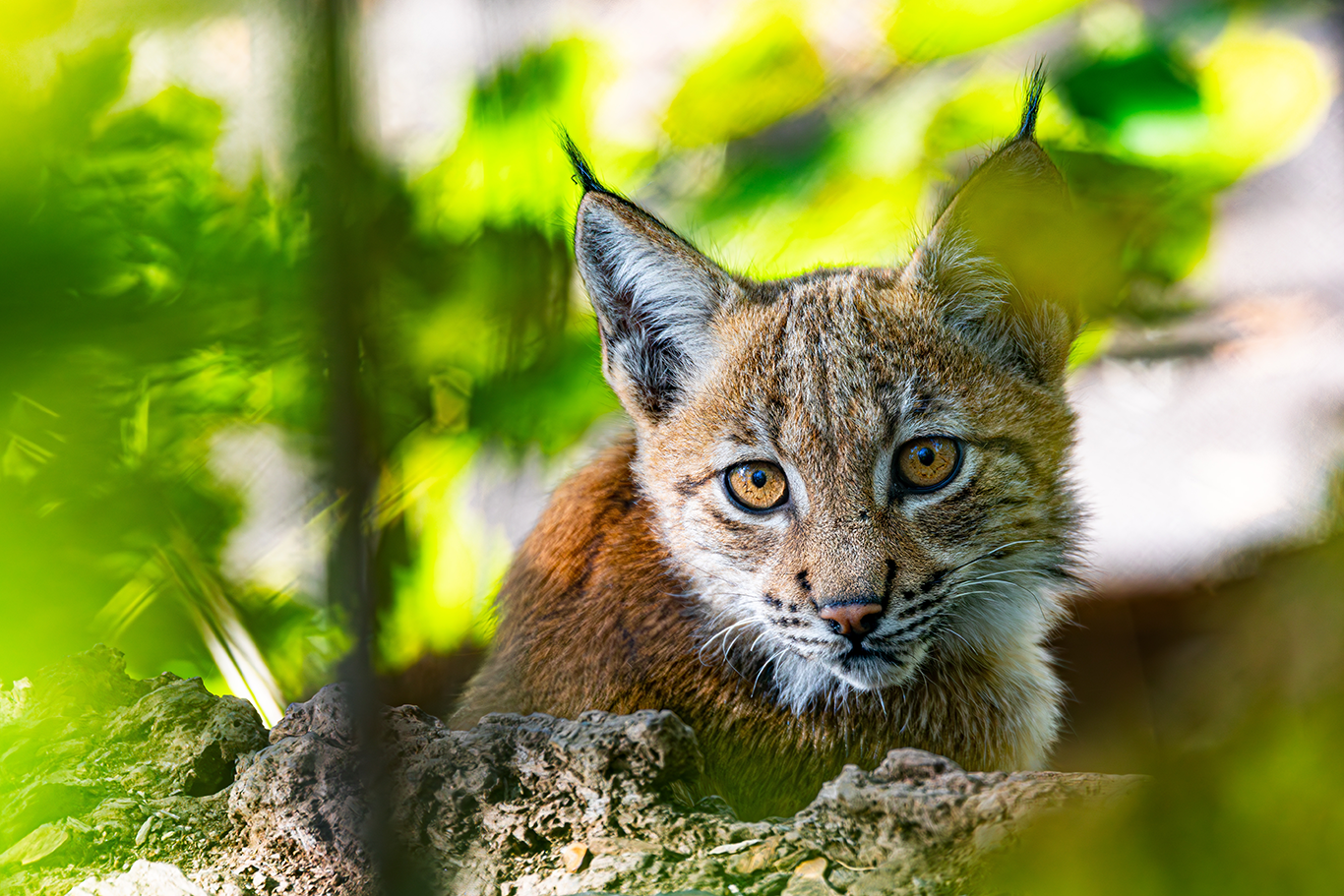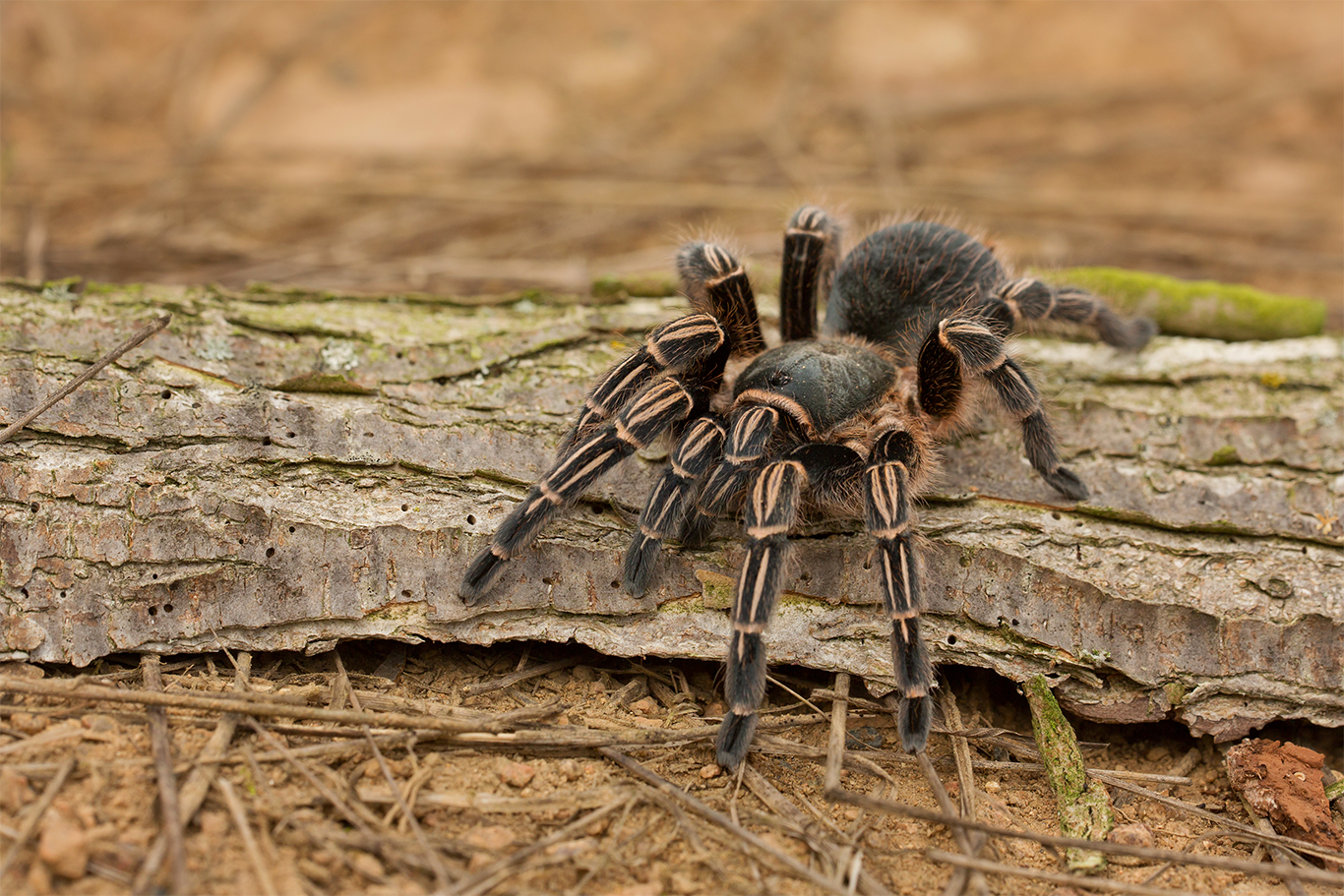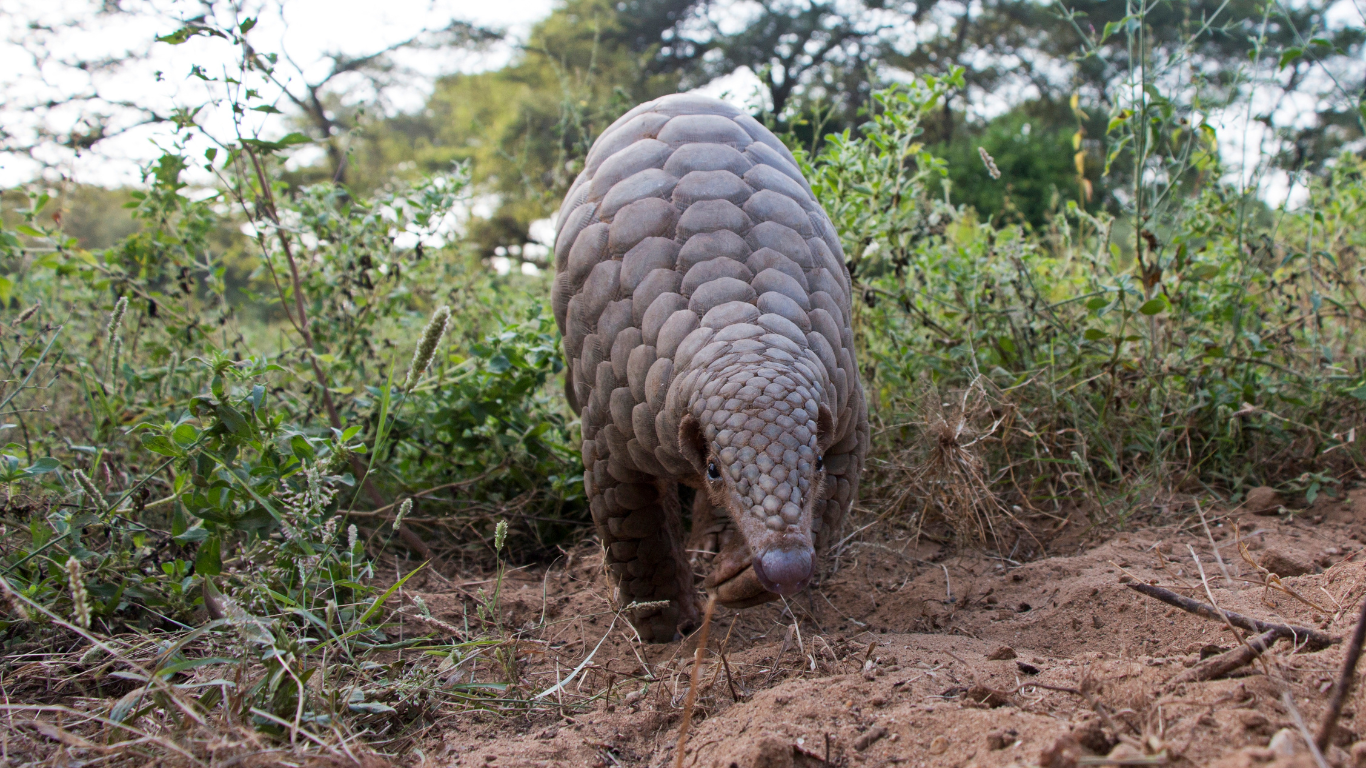Animal welfare groups’ plea to Zimbabwe’s new president
Wild elephant calves who are captured and shipped to zoos suffer depression, lethargy, anxiety, increased stress and a diminished or non-existent appetite that can sometimes result in their deaths, or contribute to their premature deaths.
This is one of the facts communicated to Zimbabwe’s new president, Emmerson Mnangagwa, by a coalition of animal welfare groups earlier this year. The groups’ letter pleaded with President Mnangagwa to “keep African elephants in the wild, on African soil” and not “subject them to lifelong captivity for entertainment…”
It was co-signed by 33 animal conservationists and conservation groups and followed the release of shocking video evidence of the capture and brutal treatment of 30 young elephants in Hwange National Park in December last year.
The elephants are aged between three and six years old and are presumed to have been shipped to China on an Ethiopian Airways cargo aircraft on December 29. The most disturbing part of the video footage shows a small female elephant, probably about five years old, being repeatedly hit and kicked by her captors as they urge her to move into a truck.
Conservationists estimate that almost 100 elephant calves have been exported from Zimbabwe to Chinese zoos since 2012, in spite of growing international condemnation of the practice.
In 2016, the Animal Survival International (formerly Political Animal Lobby)’s sister organisation, Network for Animals (NFA) highlighted the illegal shipment of 24 baby elephants and ten lions to Chinese zoos that took place on Saturday July 4, 2015. NFA was able to prove that this shipment flouted international laws on the transport of wild animals because the Convention on International Trade in Endangered Species (CITES) never issued a permit for the transport of the animals to China.
“At the time of the 2015 shipment, NFA sent a high-level delegation to China to make the government aware of the terrible cruelty associated with keeping elephants in zoos and to lobby them to put an end to the practice,” said ASI spokesman, David Barritt.
“I was part of that delegation and I am devastated to know that our efforts were in vain. ASI wholeheartedly supports the approach to President Mnangagwa of Zimbabwe.
Reports that the president had responded to the pleas of animal welfare organisations and undertaken to examine his country’s conservation policies have gone unconfirmed.
According to the Conservation Action Trust, there has been no official statement from the President’s office or any other official Zimbabwean source to confirm a purported statement by Christopher Mutsvangwa, chief advisor to the President that “in light of the recent export of elephants from Zimbabwe, the government is reviewing conservation decisions of the previous dispensation and formulating a policy to move forward.”
ASI notes that this statement does not undertake to ban the export of baby elephants from Zimbabwe, it only promises to review existing policies.
“We have to continue lobbying for a complete ban on the export of live elephants from Zimbabwe,” says Barritt. “It is the only way to prevent the terrible suffering that elephants in captivity experience every day of their bitterly long lives.”
Even though elephants in captivity live considerably shorter lives than their wild cousins, they often live for 40 years or more.

